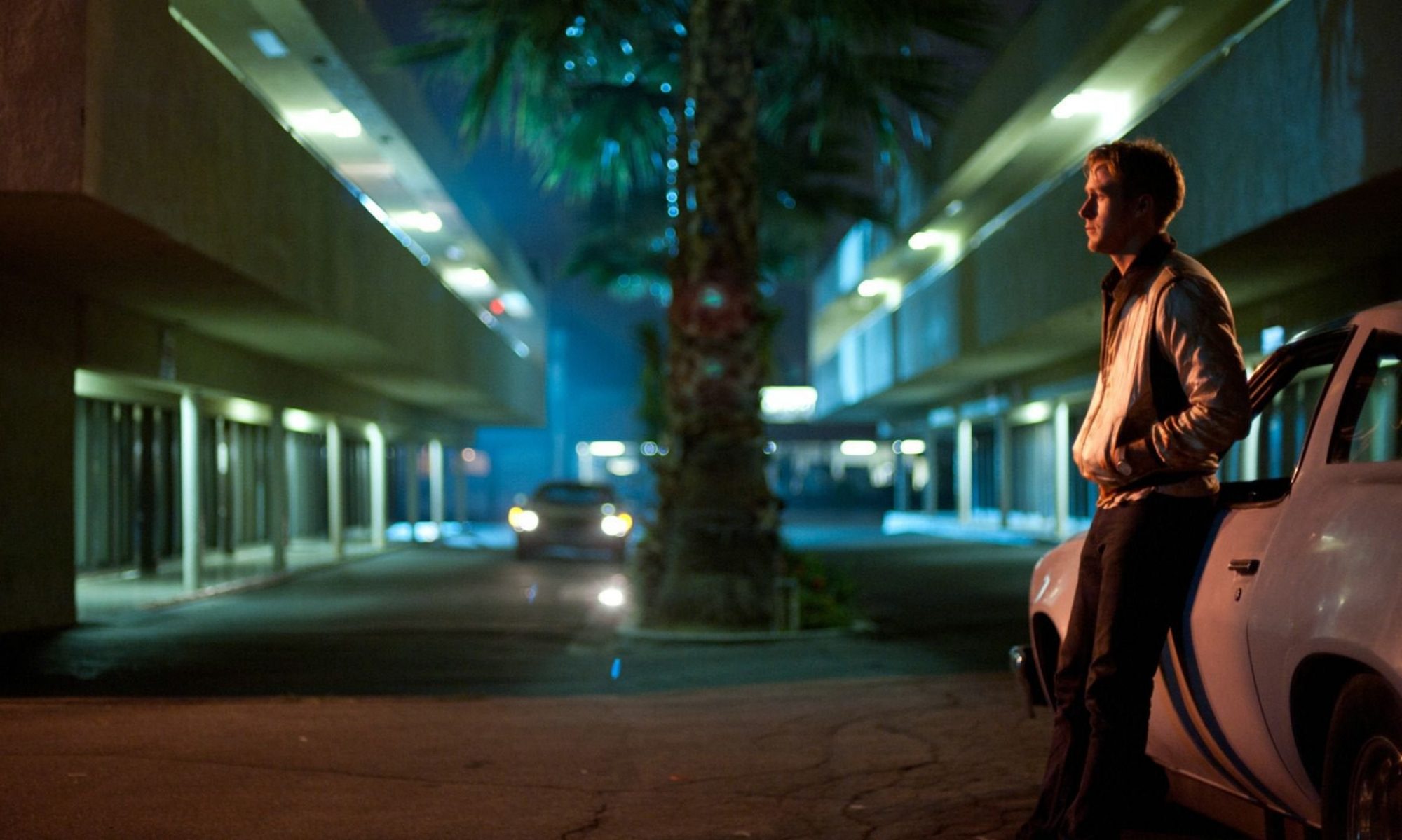528491. A random sequence of numbers, right? Yes and no. They happen to be the sequence of numbers that come to the mind of Robert Fischer when he is being interrogated by Arthur and Dom’s masked captors and is commanded to provide a code to a safe. Do the numbers have any meaning outside of this cinematic context? Apparently, 528 is a harmonic sequence that was developed in the monasteries, with this particular combination signifying miracles. Others have speculated that the 491 refers to the unforgivable sin, ‘The Lord will forgive you 7 times seventy times’ (Matthew 18:21-22). Some have interpreted the sequence used as practical dates, with ’52’ referring to 1952, the year in which Robert’s father Maurice was born, ’82’ as the date in which Robert himself was born, and the final ’91’ as the date Robert’s mother died.
At the end of the day though, this is Inception we’re talking about, surely one of the most theorised films of the last decade and a bit since its release back in 2010. This number plays a major part in the film’s emotional denouement as Robert Fischer, in the deepest dream level, witnesses his dying father in bed, a construction that has been entirely manipulated by Eames. The dirge of mournful strings which begin to play are part of Hans Zimmer’s orchestral tune ‘528491’, reinforcing the significance of the ensuing moments. Fisher walks slowly over to the bed, listening to Maurice breathlessly trying to utter the word ‘disappointed’, looping us back to a previous scene in the movie where Robert relates this word as his father’s last utterance before his death to his uncle Peter.
In this dream sequence, however, the fake memory of his father shakes his head and tells his son that he was disappointed that he tried to be like him. Weakly gesturing to the safe by his bedside, Maurice points at the object, prompting to Robert to type in the pivotal code that he mentioned earlier in the film, causing the safe to open, revealing not only his father’s last will, but also the paper windmill toy he had as a boy, which is featured in a photo we witness, and have witnessed before, on his bedside table. When Robert begins to cry at the sight of this cherished childhood item in his father’s age, he turns to find his father has passed away, holding his hand in his own as Eames blows up the building. Not much is said in this sequence, with most of the emotion derived from the contemplative soundtrack and Cillian Murphy’s distressed facial expressions. Well, contemplative until Hans Zimmer’s signature ‘braaams’ come into the soundscape, but we’ll forgive him that.
It’s easy to forget that, while this outcome is clearly a win for all of the extractors who we’ve been cheering on throughout the movie, it’s a cruel manipulation for Robert himself, who is now convinced by a false memory that his father cared about him and was in no way disappointed by his son being incapable of matching up to his career aspirations in his company. Sure, you could easily argue the other way, that it’s nice for Fischer to be granted this memory and be reconciled with a father he never fully bonded with. And obviously, it would have been a bit of a downer if everyone had failed and Dom had to accept that he could never see his children again. But nonetheless, don’t forget about the victim in all of the dream levels, a target who only wanted a genuine familial connection that was never truly there.
